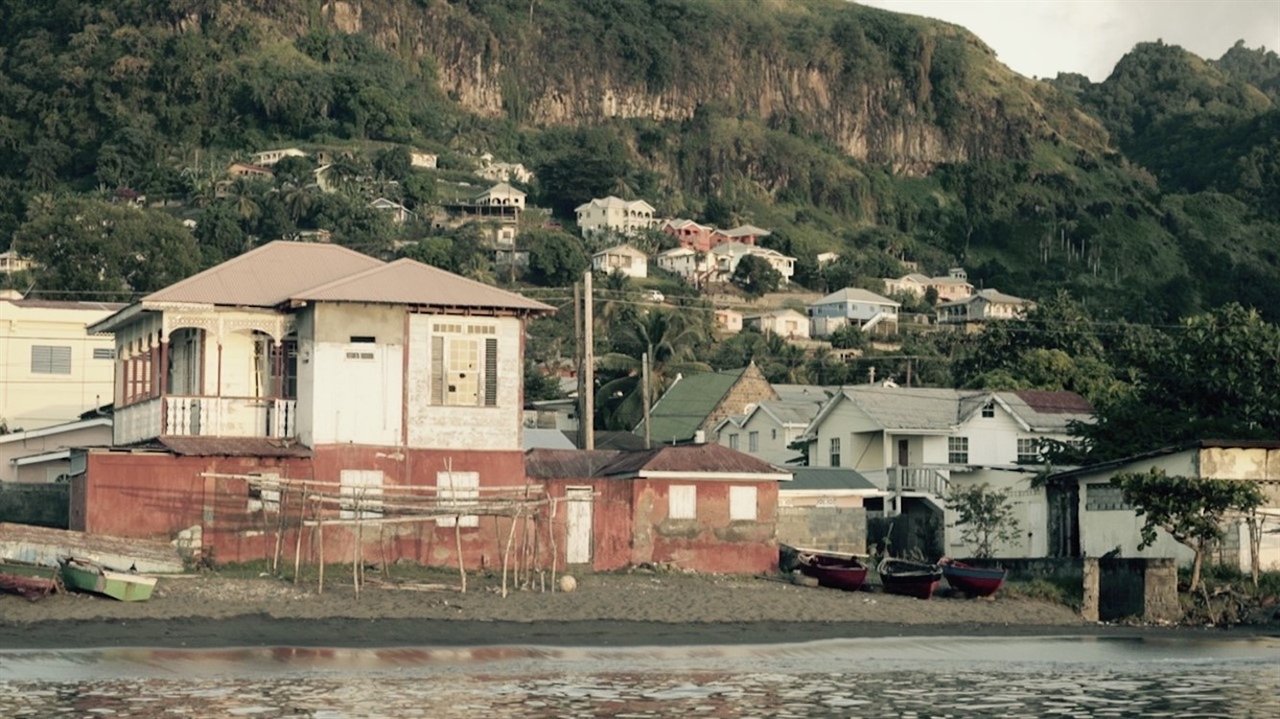

Madulu, the Seaman(2023)
A youngster begins to understand the wisdom hidden within legendary whaler-man Tall 12's sea shanty songs in the whaling town of Barrouallie, St. Vincent, a place where men still wrestle with the creatures of the deep for survival. Against a backdrop of cruise-ship tourism and economic colonialism, this lyrical documentary discovers a surprising renewal of interest and hunger to preserve local traditions and cultural knowledge through new interpretations.
Movie: Madulu, the Seaman
Video Trailer Madulu, the Seaman
Similar Movies
 0.0
0.0Defend, Conserve, Protect(en)
Narrated by Dan Aykroyd, Defend, Conserve, Protect, pits the marine conservation group, Sea Shepherd, against the Japanese whaling fleet, in an epic battle to defend the majestic Minke whales.
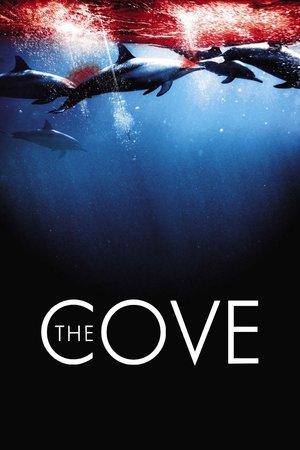 7.9
7.9The Cove(en)
The Cove tells the amazing true story of how an elite team of individuals, films makers and free divers embarked on a covert mission to penetrate the hidden cove in Japan, shining light on a dark and deadly secret. The shocking discoveries were only the tip of the iceberg.
 7.1
7.1Arcadia(en)
A provocative and poetic exploration of how the British people have seen their own land through more than a century of cinema. A hallucinated journey of immense beauty and brutality. A kaleidoscopic essay on how magic and madness have linked human beings to nature since the beginning of time.
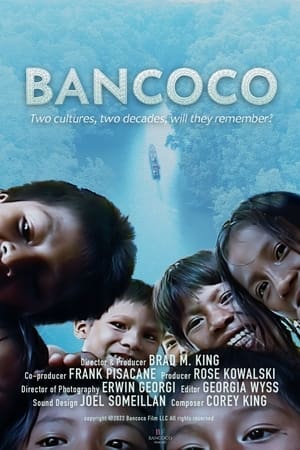 0.0
0.0Bancoco(en)
A New Yorker journeys to the jungle in the Darien Gap of Panama to reconnect with an indigenous tribe he met and photographed 20 years ago. Their reunion highlights the profound power of photos and the human connection that transcends cultural barriers.
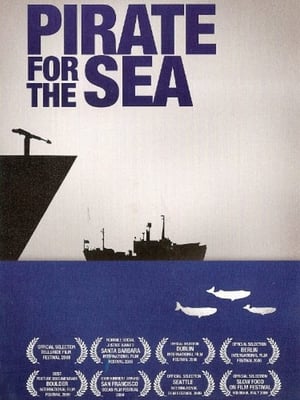 5.0
5.0Pirate for the Sea(en)
A documentary on Paul Watson, who takes the law into his own hands on the open seas, confronting, by any nonviolent means necessary, the hunters who indiscriminately slaughter whales, seals and sharks, along with complicit governments and environmental organizations. Written by Anonymous "Pirate for the Sea" is a biographical film of Captain Paul Watson, the youngest founding member of Greenpeace Canada. He organized early campaigns protesting the killing of seals, whales, and dolphins. Greenpeace ejected him for being too much of an activist. Starting his own organization, the Sea Shepherd Conservation Society, he went on to sink illegal whaling ships, stopped Canadian seal hunts for ten years, permanently halted sealing in British Isles, killing of dolphins on Iki Island, Japan, etc. This documentary witnesses his latest campaigns and explores the personal and environmental history of this controversial marine conservationist. Written by R.C.
 0.0
0.0One with the Whale(en)
Modern technology confronts ancient ritual in this profound and moving documentary. Teenager Chris Apassingok and his Yupik family live in Gambell, Alaska, a tiny village on St. Lawrence island in the Bering Sea. Life there differs vastly from the rest of the US – for one, hunting whales holds the key to the islanders’ survival. Conflict emerges after Chris kills a whale that will feed Gambell’s townspeople for months – and news of the successful hunt reaches the outside world. Facebook trolls and animal-rights activists attack from afar, captured in Pete Chelkowski and environmental journalist Jim Wickens’ captivating film that delves into environmental issues, cultural and generational challenges, and cyberspace hysteria
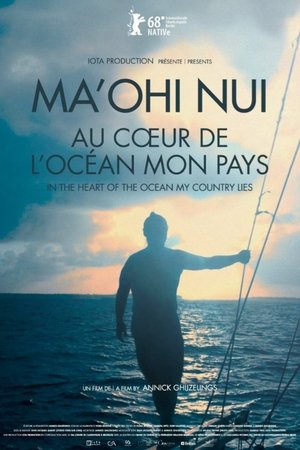 8.0
8.0Ma'ohi Nui: In the Heart of the Ocean My Country Lies(fr)
For thirty years in the late-twentieth century, the people of Tahiti survived dozens of offshore nuclear tests by the French government. Since the country was colonized in 1880, the blasts left Tahitians picking through the remnants of their islands and culture in an effort to keep indigenous knowledges alive. The film offers a poetic glimpse into contemporary Tahiti, and the colonial struggles its people still face as they strive to sustain their way of life.
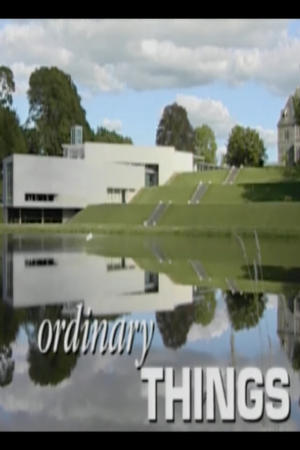 0.0
0.0Ordinary Things(en)
A short documentary about everyday objects, the people who used them, and the beauty of that use. From the video description: "An encounter with the past. The introductory film for visitors to the National Museum of Ireland (NMI) - Country Life. It tells a story about Irish traditional folk life, the self-sufficiency and community spirit by which people's lives were played out against a challenging physical environment. That environment quite often dictated the materials, crafts and traditions by which lives were lived. The museum's collection of 'ordinary things', on display in Turlough Park, illustrate these stories." Written and narrated by Irish writer and broadcaster Theo Dorgan. Made in association with the NMI — Country Life. Available online on the Youtube channel of the NMI — Country Life: https://www.youtube.com/watch?v=GCYrq8yWSSQ
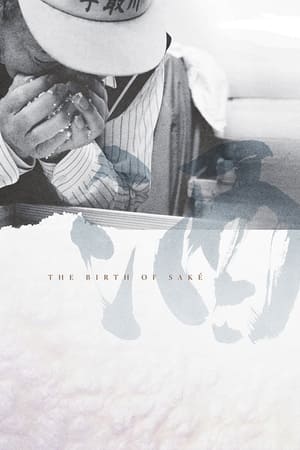 7.1
7.1The Birth of Saké(ja)
Through the unrelenting winter in the north of Japan, a small group of workers must brave unusual working conditions to bring to life a 2,000-year-old tradition known as sake. A cinematic documentary, The Birth of Sake is a visually immersive experience of an almost-secret world in which large sacrifices must be made for the survival of a time-honored brew.
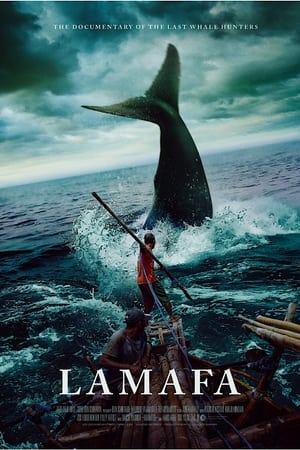 0.0
0.0The last whale hunters(ja)
The Lamalera village is located in a small volcanic Island, a poor, barren land, and they catch whales to eat. It is the only way for them to survive. The harpooners are called lamafa in the local language. They are the village's pride because they take the whole responsibility for the very dangerous hunting. In 2018. a tragedy struck the village. Benjamin, a young lamafa, was killed during a spear hunting. His father, Ignatius, was devastated, and Benjamin's brother, Demo, was shocked and unable to go hunting. They blame accidents at sea on a victim's family discord in Lamalera. Ignatius, the master boat-builder, decided to build a new traditional whaleboat to reunite the family bond. The whaling boat is 12 meters long, made entirely of hand-crafted wood, not using a single nail, and is considered an intangible cultural asset.
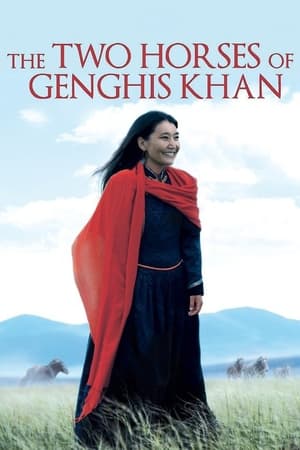 6.8
6.8The Two Horses of Genghis Khan(de)
An old, broken morin khurr (horse head fiddle) compels renowned Mongolian singer Urna Chahar Tugchi to take a road journey to Ulan Bator and the steppes of Mongolia.
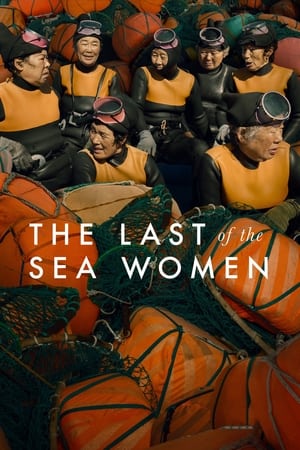 7.4
7.4The Last of the Sea Women(en)
On the shores of Jeju Island, a fierce group of South Korean divers fight to save their vanishing culture from looming threats.
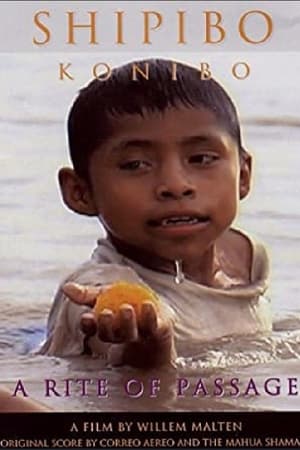 0.0
0.0Shipibo Konibo: A Rite of Passage(en)
In Peruvian Amazonia, for the first time in many years, a Shipibo–Konibo community prepare to perform the Aneshiati ceremony: a time of dance, song, festive clothing, and drink—including the sacred tea ayahuasca.
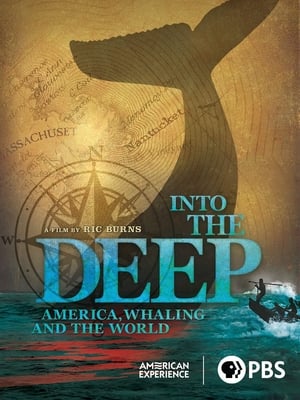 0.0
0.0Into the Deep: America, Whaling & The World(en)
Examine the American whaling industry from its 17th-century origins in drift and shore whaling off the coast of New England and Cape Cod, through the golden age of deep ocean whaling, the tragedy of the Essex, and the career of Moby Dick's Herman Melville, and on to its demise in the decades following the American Civil War.
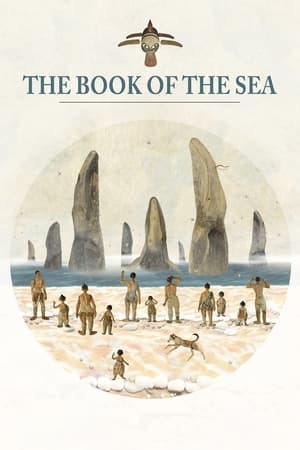 0.0
0.0The Book of the Sea(ru)
In the frigid waters off of Russia’s Bering Strait, Inuit and Chukchi hunters today still seek out the giant sea mammals that have provided their people with food since time immemorial. It is known, that the whale hunting today is controversial and subject to international criticism and regulations. But the Inuit and Chukchi hunt is permitted by international law because of the whaling is the foundation of their culture and their life. The contemporary story of elders Aleksandr and Aleksei blends seamlessly with that of “the woman who gave birth to a whale” and other ancient myths, told here in vivid animation, in this ongoing struggle for survival and preservation of a traditional lifestyle in one of the most remote places on earth.
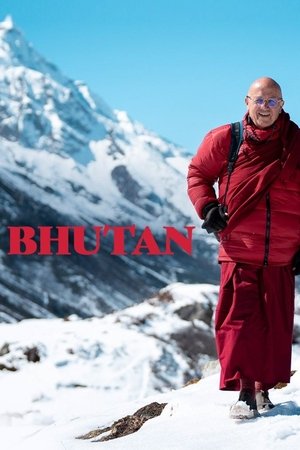 8.0
8.0Bhutan: Following in the Footsteps of Matthieu Ricard(fr)
Buddhist monk and photographer Matthieu Picard as he returns to the Asian country in the Himalayas where he spent a decade after seven years away, revisiting breathtaking landscapes and experiencing local traditions.
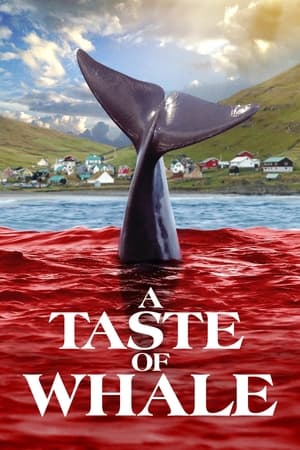 9.0
9.0A Taste of Whale(en)
In the Faroe Islands, hundreds of pilot whales are slaughtered each year in a hunt known as the “Grind.” This gruesome tradition has drawn outrage from activists, most notably the international conservation group Sea Shepherd, who routinely sail to the islands to try to block whaling boats. Yet the Faroese are equally determined to maintain their tradition, defending the practice as more sustainable and less cruel than getting meat from slaughterhouses. Director Vincent Kelner spends time with both Faroese hunters and Sea Shepherd crusaders, building to a nuanced look at a disturbing event with much larger implications for the way humans relate to other creatures.
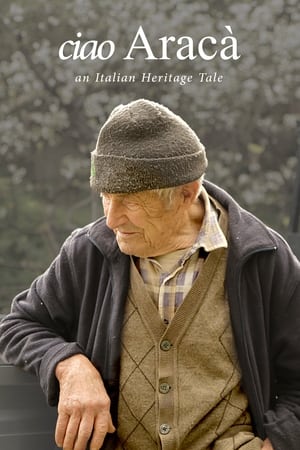 0.0
0.0ciao Aracà(en)
"...a charming depiction of life as I knew it with my grandparents in my own village..." Clara Caleo Green, Cinema Italia UK "The sum of the individual fates and life choices paints a picture, the validity of which extends far beyond this village." Joachim Manzin, Black Box This documentary records the thoughtful and emotional confrontation with time, change, loss and hope related by the members of a small community in the idyllic Ligurian countryside who are dealing with a rapidly changing agricultural industry, transformed by globalisation and technological advances and an increasing number of foreigners buying the empty houses in their village. Forgoing the use of music and voice over, the film lets Aracà's inhabitants tell their own stories and allows the audience to dive into the rich soundscape of the ligurian alpine countryside.

